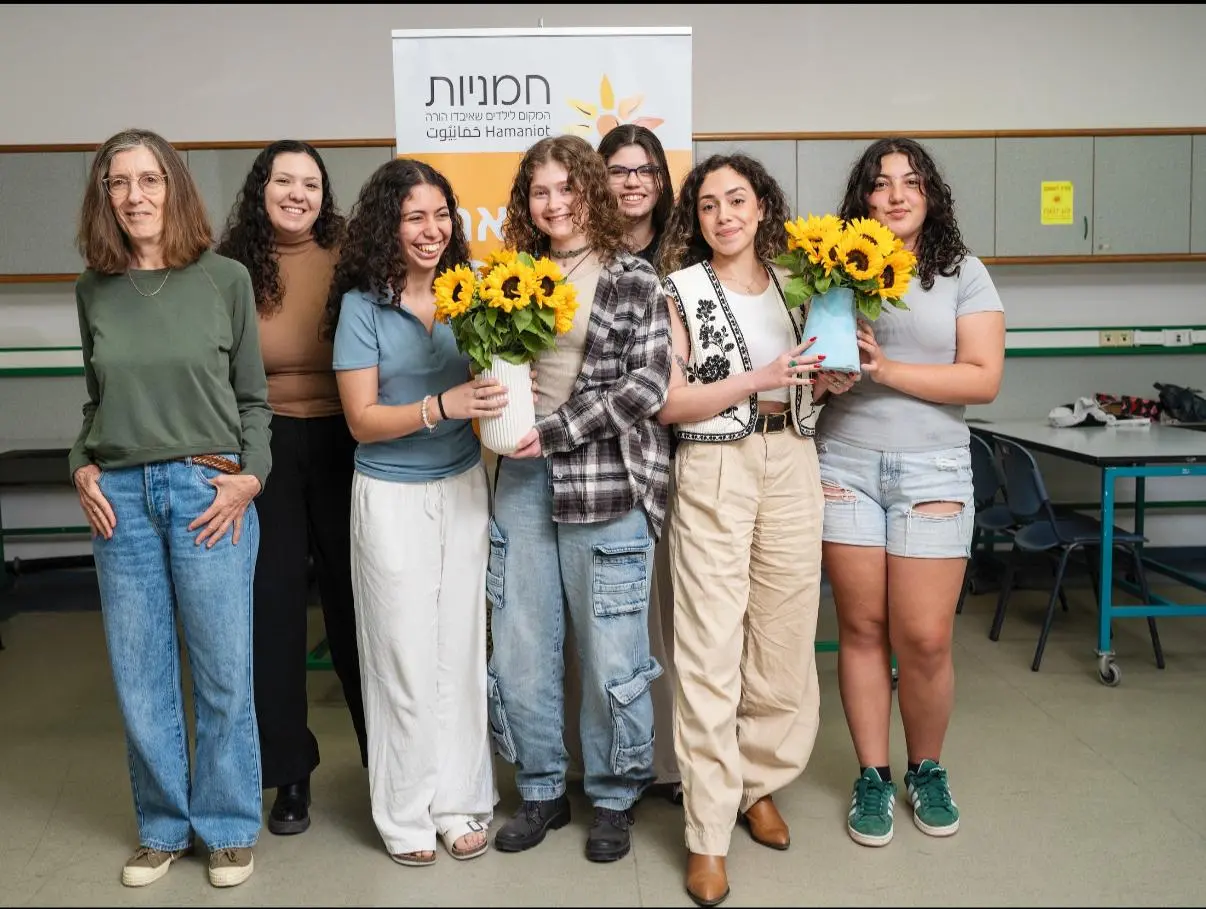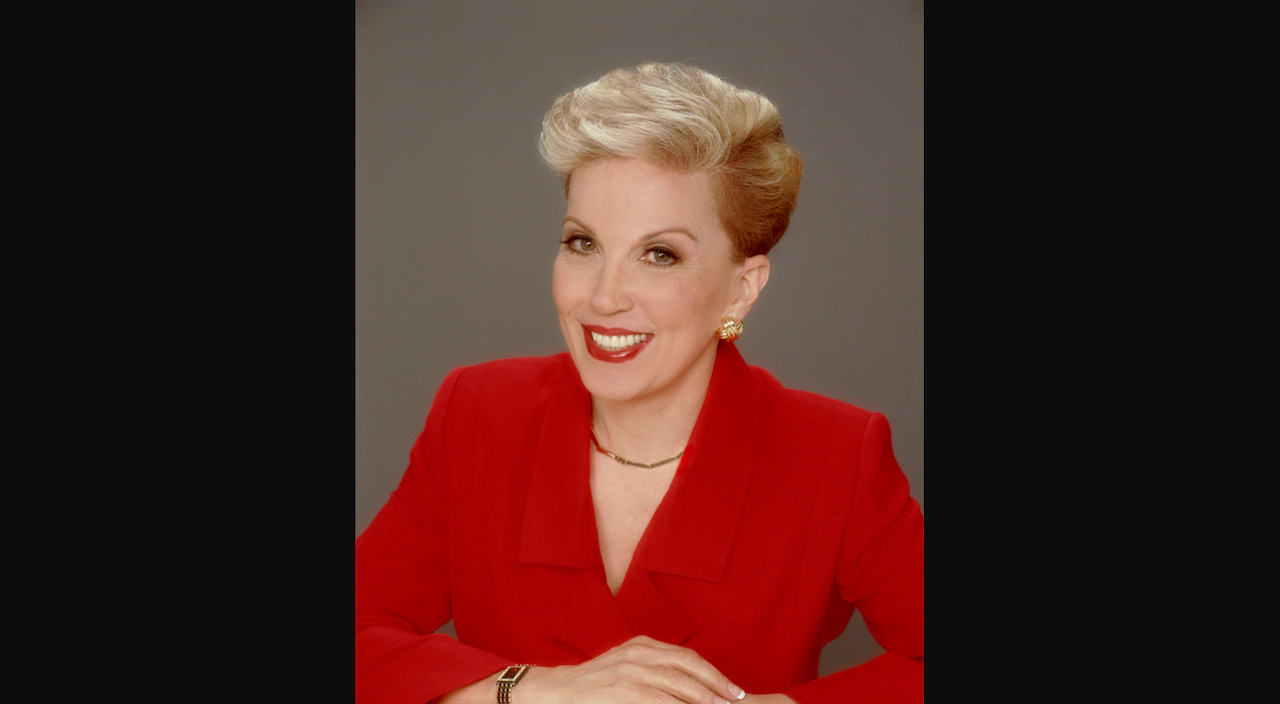By Gaby Wine
Copyright thejc

On October 7, 32 Israeli children lost both of their parents. Some of them were murdered in front of their eyes while in their homes; others were slaughtered at the Nova massacre, and some were killed defending their kibbutzim. As soon as she heard this news, Hadar Kess, founder and CEO of Sunflowers, the leading non-profit in Israel supporting children who have suffered parental loss, knew what she needed to do. “After October 7, we were the first organisation to be there for these children,” she tells the JC during a visit to London. “We immediately opened trauma-orientated centres in the south, and we were also the first charity to help people from the Bedouin community who had lost parents.” While in the UK, an orphan is defined as someone who has neither parent, in Israel, an orphan is someone who has lost one or both parents. According to Kess, as well as those who are now living without either a mother or a father, a staggering 910 children lost one parent during the atrocities of October 7 and in the ensuing war. Research carried out by Tel Aviv University, Ilan, another non-profit, and the Ministry of Welfare has found that without appropriate support, orphans are four times more likely to get arrested,13 times more likely to drop out of school and eight times more likely to suffer from addictions. The rate of poverty among orphans is believed to be at 40 per cent, according to the research, putting many at risk of falling into prostitution. “We tell the children whom we work with: ‘Once we bring you the right help, you can have hope and opportunities in the future.’” These words resonate deeply with Kess, who lost her own father, Amir, at the age of 14, in a biking accident. Amir was 52. CEO and founder of Sunflowers, Hadar Kess (Photo: Gilad Shalev)[Missing Credit] “I couldn’t find anywhere to get support. There wasn’t any grief counselling available to me. So, I looked for a social worker, and, with her help, I set up Sunflowers when I was 16.” Now 25, Kess runs 32 Sunflowers centres in 22 local authorities throughout Israel. These include several which were established after October 7 – in Ofakim, which supports 40 orphans whose parents were murdered by Hamas, in Sderot, where 25 children lost a parent after the police station was attacked by terrorists, and in Rahat, where 100 Bedouin children were left without at least one parent after they were killed by Hamas rockets or gunfire. Sunflowers runs peer-support groups for different age-groups, adjusting their programmes to fit the cultural needs of children, including those from Orthodox Jewish homes and those from Arab communities. Guided by the expertise of professionals working in the fields of grief, such as Professor Merav Roth, a leading trauma specialist, the sessions use tools such as drama therapy to enable children to express themselves. “Even though there is a lot of empathy in Israel, someone who has been orphaned can feel very alone in day-to-day life,” says Kess. “People think that you should ‘just get over it’, but you can’t. If you don’t have a group you can talk about your experiences with, you won’t recover.” And with recovery, comes strength, says Kess. “People who have been orphaned are often more determined, have more perspective and are more resilient. I know that from a very young age, I matured quickly and became more driven as I know how short life can be.” Children supported by Sunflowers (Photo: Sunflowers)[Missing Credit] Sunflowers also gives assistance to the surviving parent or guardian by making them aware of their legal rights, and Kess, who is studying for a PhD in public policy, ensures that the voice of those she supports is heard in the media and the Knesset. The charity promotes national Orphan’s Day and Widow’s Day, campaigns for changes to government legislation and has developed tools with the Ministry of Education for teaching staff who are working with orphans. Kess, who was in London to meet partner organisations, including JNF UK, paid tribute to the UK Jewish community – “who have a very warm heart” – for supporting her work, which relies predominantly on philanthropy. “It is because of our partners in the UK that we were able to open trauma-orientated centres so soon after October 7. People need to know that when they invest in JNF UK, their money is going to the most important place in Israeli society.” Kess, who has been named one of the 30 most promising young leaders in Israel by Forbes Magazine, says that every time she visits a different centre, she feels like she is stepping back into the body of the 14-year-old who had just lost her father. “It can be difficult, but I feel like I have to wear optimistic glasses as I now have the opportunity to help so many children. “If I needed to sum up the organisation in just a few words, I would say: ‘From my tragedy came my lifetime’s mission.’”



